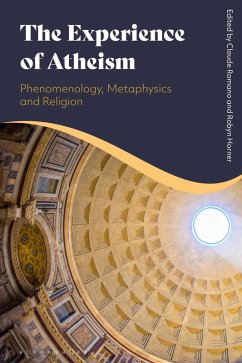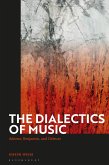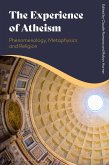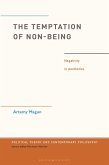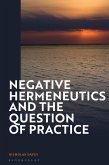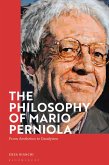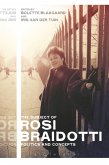Religious and atheistic belief are presented anew in a volume of essays from leading phenomenologists in both France and the UK. Atheism, often presented as the negation of religious belief, is here engaged with from a phenomenologically informed notion of experience. The focus on experience, sparks new debates in readings of belief, faith and atheism as they relate to and complicate each other. What unites the contributors is their relationship to phenomenology as it has developed in France in the wake of Heidegger and Husserl. Leading French intellectuals from this context, Jean-Luc Nancy, Quentin Meillassoux, and Catherine Malabou, amongst others, contribute arresting ideas on atheistic faith, the death of God, and anarchic faith, opening up new areas of understanding in a field whose parameters and core concepts are ever shifting.
Revealing the extent to which religious and atheistic belief must be seen to influence, and on a fundamental level, to co-create one another, the pluralistic society in which religious belief is counted as one option amongst many is given primacy. The fact that religious faith has become not only optional but also, in many contexts, strangely alienated from society, deeply modifies the experience of the believer as much as that of the non-believer. A focus on 'experience', over and above 'belief', moves us towards a mode of experiential knowledge which refuses to privilege the atheistic believer and deride the reality of religious belief.
Revealing the extent to which religious and atheistic belief must be seen to influence, and on a fundamental level, to co-create one another, the pluralistic society in which religious belief is counted as one option amongst many is given primacy. The fact that religious faith has become not only optional but also, in many contexts, strangely alienated from society, deeply modifies the experience of the believer as much as that of the non-believer. A focus on 'experience', over and above 'belief', moves us towards a mode of experiential knowledge which refuses to privilege the atheistic believer and deride the reality of religious belief.

